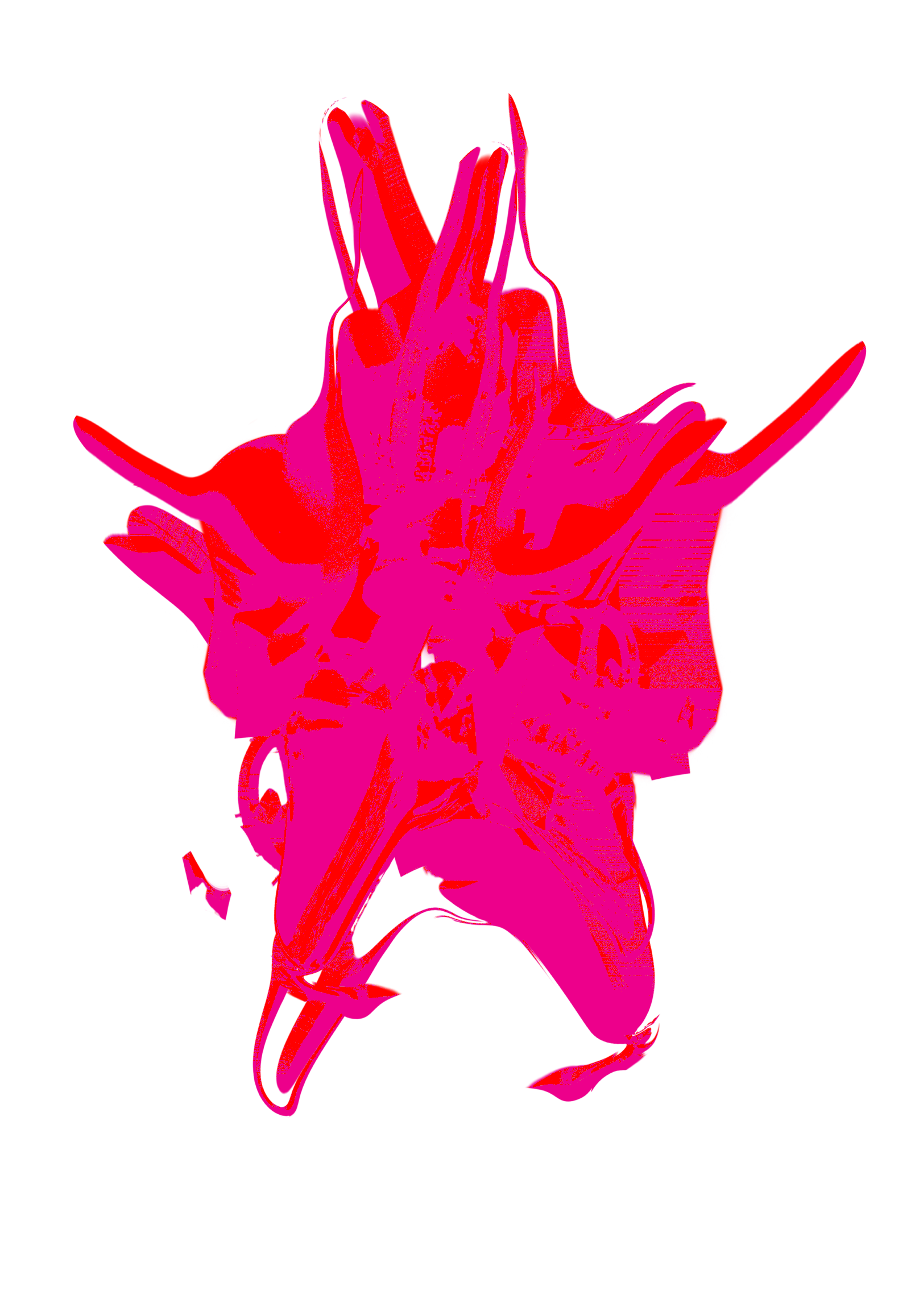
manifesto
Yugofuturismo / The YUFU as a methodology
The struggle to align perspectives and mobilize collective demands underlines the pressing need for a new approach, perhaps embodied in a concept as "yugofuturismo". The idea of a collective "yugofuturismo" suggests a collaborative effort, inspired by various currents, concepts and formats. Utopia as a method, science fiction, affirmative speculation, visionary fiction, the theater of the future and fictions of economic design offer potential paths. To embrace these methodologies could serve as a missing link, revitalizing our collective capacity to view, simulate and demand alternative future economics.
1. On the one hand, there could be many definitions of yogofuturism; on the other, there are reluctances to define it. Within these reticences, I place my tendency to think about yogofuturism as a term that is more operational than a term that carries meanings and definitions (its operability lies precisely in the absence of identification).
2. To convert a term without definition into an operating term, one must find its effects, actions and procedures. One must put it in action. Somehow, we must transgress from yogofuturism to yogofuturizing (taking the term of Rok Kranjc).
3. To begin with, what is futurizing? Futurizing is an individual and/or collective exercise of speculative thinking and reimagination of possible scenarios that could occur in the future. It is to ask “What if...?”.
4. Capitalism sees the future as a land space without claiming devoid of people or other living beings, a desert from which capital can appropriate, use it to its craving and expand on it. In terms of time, the future is seen through the lenses of capitalism as the continuation of what is already here because there are no alternative realities. "The future is ours", the slogan is repeated while in reality it disconnects us from any future that could be (a future even to come): not linear, unknown, resistant to the present (the future is not a continuation, but a rupture) and collective. We are disconnected from the future not only because we have the belief that it is ours by right (otherwise it is simply empty and bald, we seem to believe), but also because we are inoperable, without action.
5. Yugofuturizing could thus be a strategy applied to form different collective narratives for a future space of the former Yugoslav countries. These narratives would not be predictions, but speculative scenarios that would affect and direct our actions in the present. We would become active participants in the future.
BUREK
 English
English